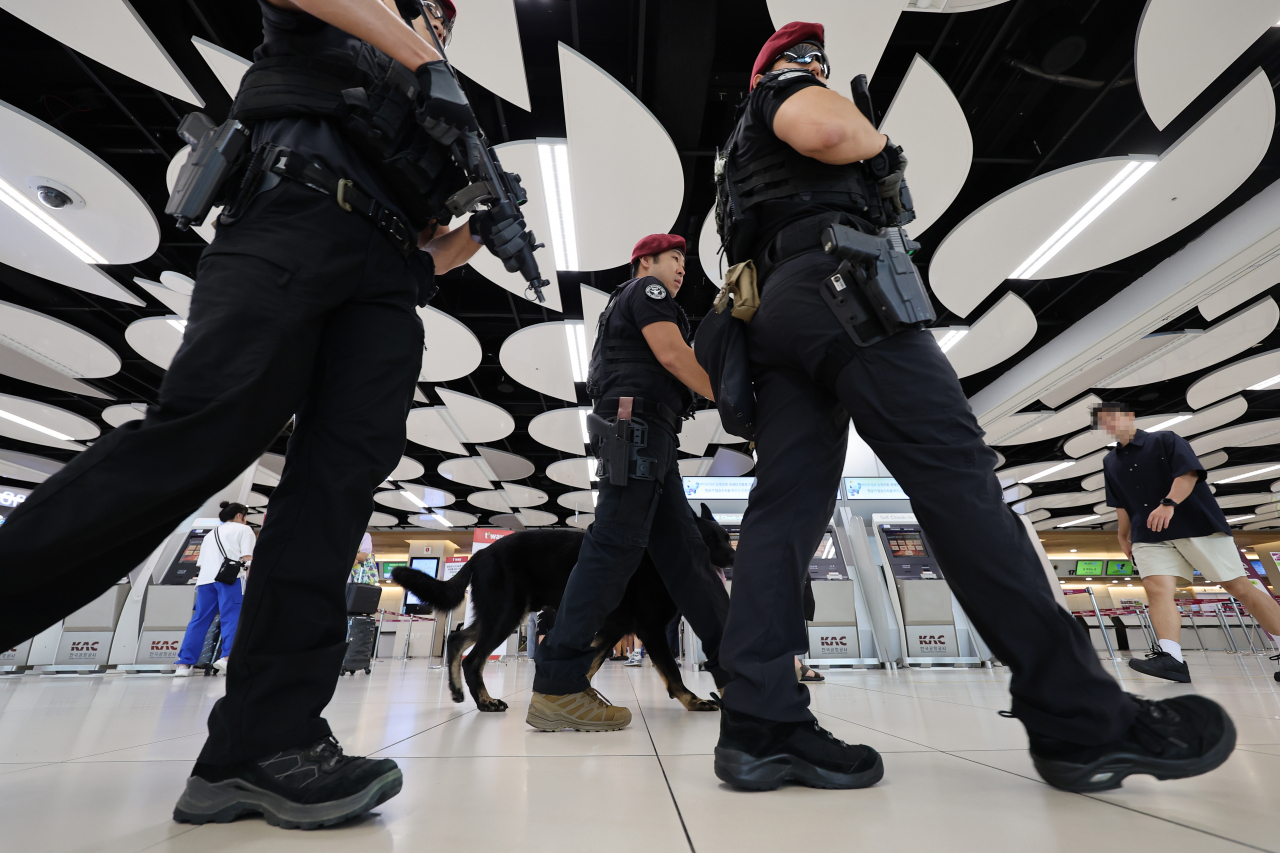 |
Police special forces patrol Gimpo International Airport in Seoul on Monday, as part of the police mission to enhance public safety before and after the Chuseok holiday, which begins Sept. 26. (Yonhap) |
South Korea's police authorities announced on Monday plans to reassign 2,900 back-office staff to preventive patrol duties. The organizational reform is aimed at strengthening crime prevention capabilities amid a surge in apparent senseless crimes, the National Police Agency said.
Most police officers who perform back-office jobs -- largely dedicated to administrative affairs -- will be given new high-visibility roles in crowded areas and secluded areas like park walking trails
This is part of a nationwide reshuffle which will add some 2,600-strong mobile police patrol staff in highly or sparsely populated areas, and some 1,300 detectives who will focus on crime deterrence in nightlife districts.
According to the police, more than 9,000 foot-patrol police officers will be joining the crime deterrence unit by early 2024. Currently, the police have about 30,000 staff available for street-level tasks out of a total 140,000 officers nationwide.
“The reshuffle is aimed at making public safety our priority and maximizing our capabilities to prevent and address crimes,” Yoon Hee-keun, commissioner general of the National Police Agency, said in a statement.
Besides the preventive patrol, the police vowed to consolidate tasks dedicated to domestic violence to protect victims from alleged offenders' attacks, and create new bodies to handle school violence. Meanwhile, the police will scale down organizations dedicated to foreign relations, it announced.
The police said that it would work to revise related rules to enable the reshuffle before the end of this year.
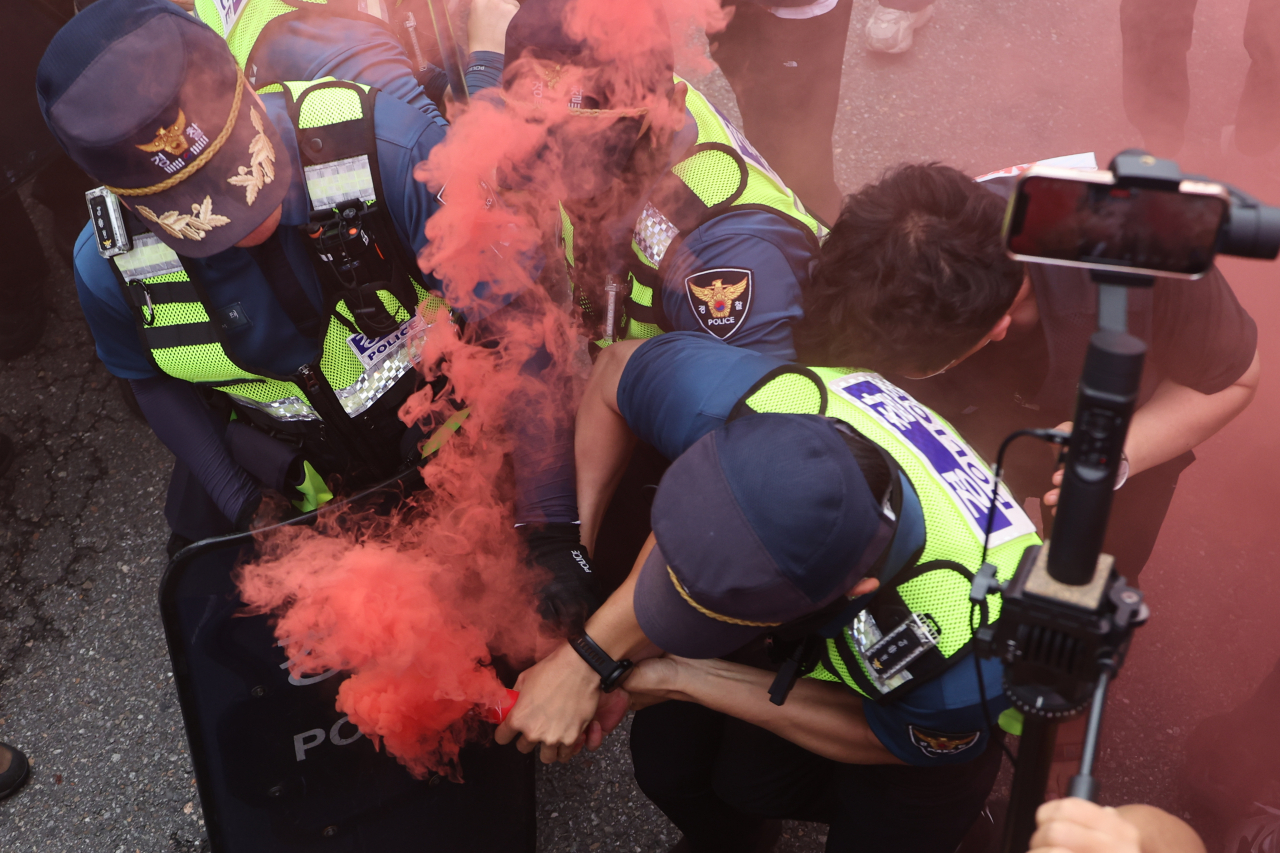 |
South Korean police officers clash with rail workers who went on a strike near Namyeong subway station in Seoul on Saturday. (Yonhap) |
The move comes in tandem with the national government’s push to deter violent crimes, as high-profile stabbing rampages and sexual assaults of women by strangers have left the public gripped by fear in the past few months.
The country said in a pan-governmental briefing in August it was mulling the revival of a conscripted police system -- where able-bodied draftees serve as an alternative to regular compulsory military service -- just months after its phase-out. Also in August, the police announced plans to arm patrol officers with "less lethal" handguns that use plastic rubber bullets.
The National Police Agency also appears to be trying to boost its productivity, amid signs of lagging motivation among its staff to continue working in law enforcement.
Commissioner-General Yoon reportedly said in a closed-door meeting earlier in August that police officers in senior management at a local station "are failing to deal with basic tasks" amid the police’s low adoption rate of an internal portal for criminal justice services.
Yoon told reporters Monday that some 50,000 middle-management police officers -- police lieutenants and police captains combined -- should be tasked with not only supervisor roles but also working-level law enforcement.
Moreover, a growing number of aspiring police officers who graduated from the Korean National Police University appear to be losing their motivation, to the degree that some of them are pursuing careers as prosecutors or attorneys.
According to Rep. Lee Tae-kyu of the ruling People Power Party, 87 students accepted to one of 25 law schools in Korea this year were those who graduated from the KNPU, including active police officers. The figure surged by nearly 25 percent year-on-year.
Lee Chang-hyun, a criminal law professor at Hankuk University of Foreign Studies Law School, said this is an "appalling phenomenon," given that the Korean National Police University accepts 100 students annually.
"Among the law school students are police officers taking classes during the daytime and working at night on a shift," Lee said.
"The KNPU admits country's best and the brightest whose scholarships are fully funded by the state, and we are seeing some of them shifting their career path (after they graduate and start their police career)."
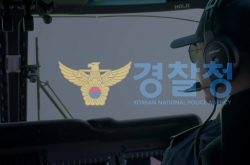
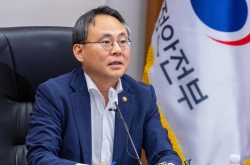
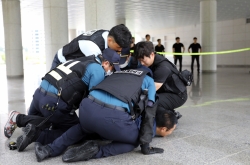
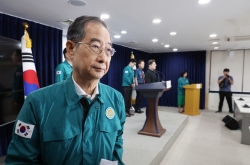






![[Today’s K-pop] Blackpink’s Jennie, Lisa invited to Coachella as solo acts](http://res.heraldm.com/phpwas/restmb_idxmake.php?idx=644&simg=/content/image/2024/11/21/20241121050099_0.jpg)
